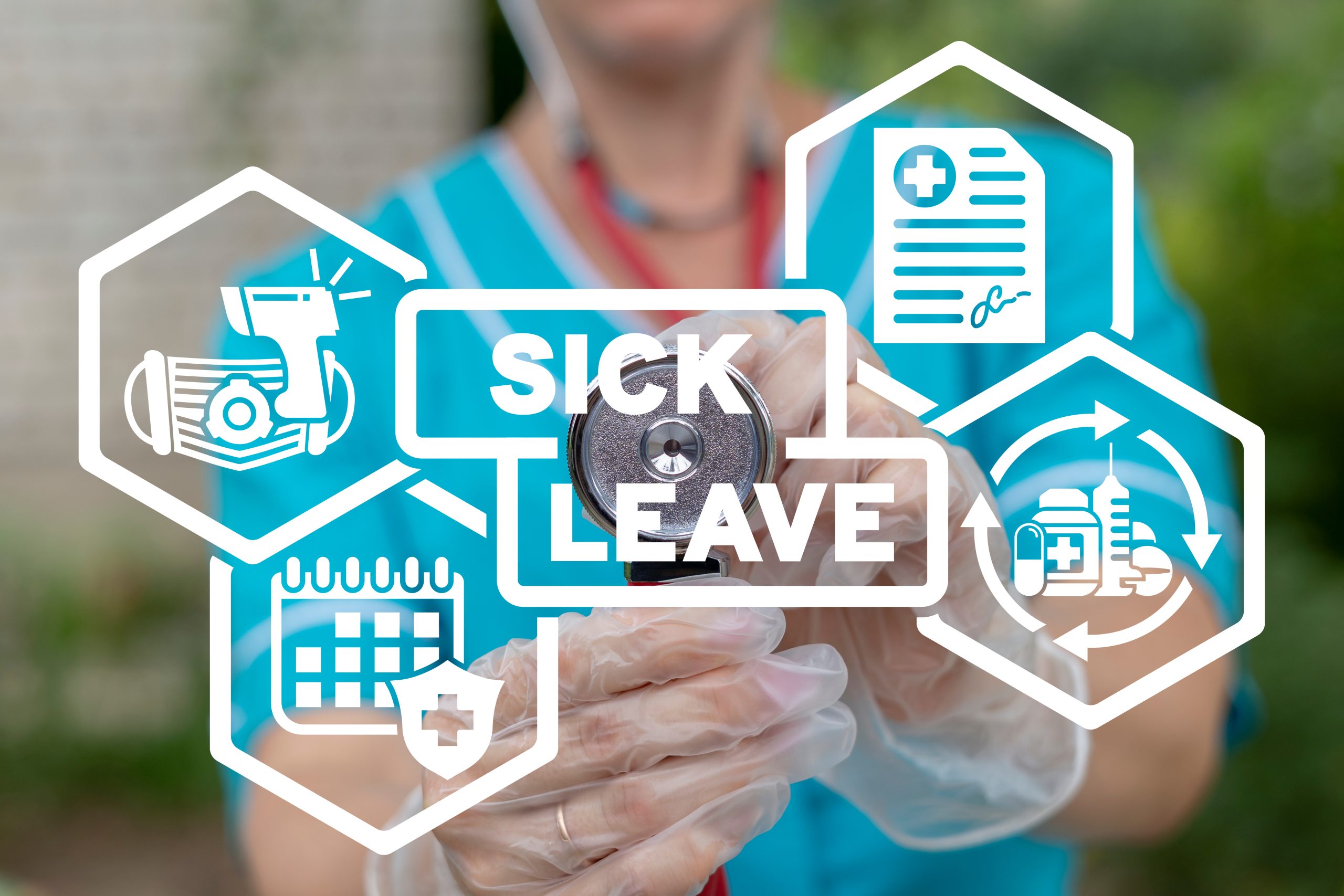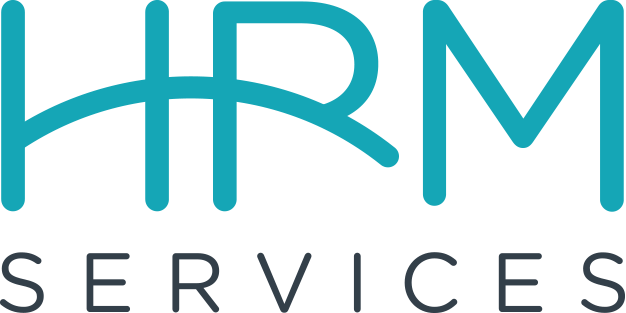
Welcome to the holiday edition of HR Hot Topics!
In today’s post, we’re looking ahead at what this year might bring to you as an employer. One of the biggest things we need to talk about are the election results from November.
For the first time in 40 years, Michigan will have a democratically controlled House, Senate, Governor’s seat, Attorney General, and Secretary of State. There’s probably more, this isn’t my lane, but you get it. Slim majority. In the House, Dems have control 56 to 54, and in the Senate, 20 to 18. Slim majorities, which means there will have to be a great deal of compromise to get things done.
I don’t expect sweeping changes, but I did want to share with you some of the topics that I’m hearing come up in some of the political and policy circles that I sit in. There aren’t many of those, by the way, that’s not really my cup of tea, but I’m always listening for tidbits that I think are going to affect my clients.
One that came up had to do with non-compete. There seems to be a lot of talk around whether or not this new legislature looks favorably on non-competes as they are currently written in the state of Michigan. The thought is that those will probably come under scrutiny going forward. If you’re using non-competes right now, there may be some changes that come out of the legislature around how those have to be worded.
Another one, an obvious one, I think that Dems are looking to repeal is the Right to Work Law. I don’t know how much of an impact that will actually have on employers because it doesn’t affect a union’s ability to organize or bargain. It really is focused on whether or not employees have to pay union dues in a union shop. Right now, with Right to Work, that’s an employee’s choice. But there is some concern about if Right to Work is repealed, how attractive will the State of Michigan be for outside businesses coming in.
We’ll see what happens with that. But the big one, the one I was really keying in on was discussion around an increase to the unemployment insurance benefits. Right now in the state of Michigan, our weekly benefit amount to an unemployed worker, the maximum benefit amount, is $362.
We all know that is woefully short. I don’t think that you could buy groceries for $362 right now with the price of bread. That dollar amount has not been increased since 2002. So I think there is agreement on both sides of the aisle that this needs to be looked at. Just for a point of reference, Michigan currently has the lowest unemployment benefit in the Midwest, and we also have the least number of weeks of eligibility currently at 20 in the Midwest. I think there’s some agreement that this needs to be looked at. But the concern is that the unemployment insurance fund, which is 100% employer funded, was decimated at the end of Covid, and Michigan had one of the best funds in the country pre-Covid. We worked really, really hard to build that up, and then Covid wiped it down to almost zero.
We didn’t go negative, but it was still touch and go there for a bit, right? And we’re climbing our way back out of it, albeit very slowly. So there is some concern over timing. If we increase benefits, how much should we increase them? How much can the fund actually support? The solvency piece will be a question. So keep your eyes and ears open for discussion on that because as I said, it’s employer funded. If we raise rates, we’ll also be paying more. I wanted to put that on your radar because January for many of you is when you start your new budget cycle.
On the topic of budgets, another thing I think you need to be budgeting for right now is the expansion of paid sick leave and potentially the increase to minimum wage depending on the wages that you’re paying your staff.
If you’ll recall, both of those issues were ballot proposals in 2018. The legislature adopted both issues outright and then amended them in the same legislative session to try to make them more workable for employers.
On the paid sick leave side, one of those amendments was to carve out small employers, those with 50 employees or less, from having to participate in paid sick leave at all. For many of you reading this, if you offer paid sick leave, it’s because you choose to do so as a competitive benefit, not because you are mandated to do so by the state.
Well, there was a challenge to whether or not the legislature had the constitutional authority to amend an appeal, right? Or amend in the same legislative session. It’s called Adopt and Amend in the same legislative session. And it’s gone through a series of court cases.
The one that I came to you about in July was a court of claims ruling that basically said the legislature did not have constitutional authority to do what it did, and therefore the paid Sick Leave act as it was written in 2018 and the increased minimum wage as it was written in 2018, had to go back into effect. That was a huge shock for a lot of employers because minimum wage isn’t much right? Many of you were paying above that anyway because of market conditions, but the minimum wage bill had an elimination of the tip credit, which is huge for people working in hospitality. And the paid sick leave applied to all employers regardless of size. That was going to be a real financial hit and a change to policy that we had never seen before. So both sides kind of realized that this was going to be traumatic for employers.
The judge who issued the ruling actually then issued a stay on their own ruling, which is basically the pause button and said this doesn’t have to go into effect until February 19th, 2023. Well, February is not that far away, folks. Now as soon as this case came out, there was an appeal immediately and we’ve been waiting to see when that appeal is going to be heard.
I have some updates on that
So the Court of Appeals case was on December 13th, which is actually the day our December episode aired. We don’t have a judgment just yet, but that will be coming soon. If court of appeals sides with the legislature, then this February 19th date sort of goes away, right?
But if the Court of Appeals doesn’t side with the legislature, in other words, if they hold up the Court of Claims ruling and say, “Nope, they’re right, legislature didn’t have the authority to do that”, then that February 19th date becomes a reality for all of us.
I’m not feeling much optimism that court of appeals is going to rule in favor of the legislature. I think the best bet, if you’re an employer reading this, and if it’s budgeting season for you, I think you need to budget as though come February 19th, you’re going to be required to offer paid sick leave to all employees. There are a lot of other pieces to that original legislation that I’m not touching on today, because we don’t have all the time in the world. But as always, you can find more information in the links I share with each video.
I also have a comparison chart so you can see how the amended law compares to the original law as well as some other resources to help you with that. I think we need to be planning as though this February 19th date is a reality for us. You can assume regardless of who wins here, this case will most likely be appealed all the way up to the Supreme Court. Some people seem to think the Supreme Court will probably decide to hear the case just because of the precedent setting nature of this.
But even if the Supreme Court hears that, it’s not going to be before February 19th. So we’re just kind of waiting to see. Now, there was a conversation that was had with LEO, which is the Labor and Economic Opportunity Department at the State, which would be the enforcement agency, so to speak, for this paid sick leave law.
And that conversation, LEO recognized that employers would need a ramp up period in order to become compliant. Now how long that ramp up period is, 60 days, 90 days, 120 days, who knows, right? But one thing to keep in mind here, the original legislation offered employees a private right of action if they felt like their rights had been violated. So even if LEO, as an enforcement agency, acknowledges that it may take employers a bit to get up to speed, it doesn’t negate the employee’s right to say you should be complying with this right now. That’s the law, and I’m going to sue you if you don’t. Now, I hope that doesn’t happen, but that’s something that we have to balance. Again, my advice to you is to really keep an eye on the February 19th date, pay attention to see what the Court of Appeals ruling is. We should know soon, but I think we need to be planning from a budget and policy standpoint as though this is going to happen.
One final note for you. It has to do with dates. The Going Pro Talent Fund, which we’ve also talked about on prior episodes. This is state funded dollars that employers can access to help with training programs for their team members. There are two cycles where you can apply for these training dollar grants of up to $2,000 each. In some cases $3,500 each. These aren’t small dollars and they can be available for any of your full-time permanent employees, anyone who’s working more than 32 hours a week. They can be used for training that either leads to a credential, a certificate, certification, academic credit, or a license. In the age of trying to upskill and reskill our workforces, it’s really great if we can have state dollars to help fund those activities.
The next cycle funding application deadline is April 28th. If you missed cycle one, don’t fret, there’s still money left and you can apply for it before April 28th of this year. There are dates of when the training has to occur based on that. I’ll put more information on going pro in the links as well. Just didn’t want you to miss out on that.
As always, if you have any questions, you can reach me at jodischafer@workwithhrm.com. We hope you had a wonderful holidays and Happy New Year!

